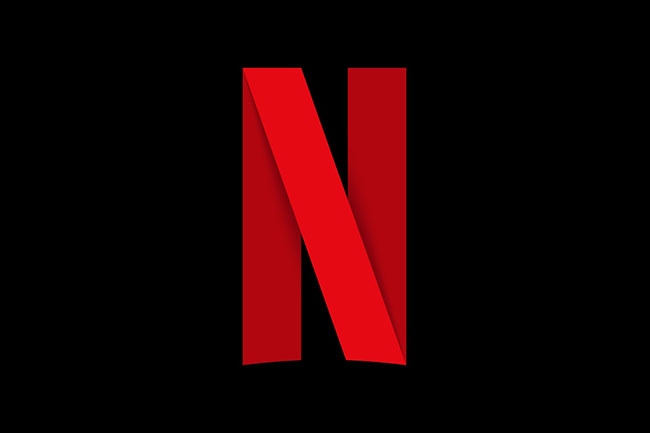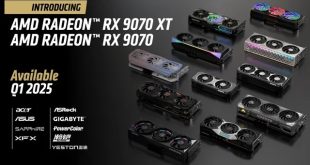We've been hearing for a few months now that Netflix is planning on cracking down on ‘password sharing', putting an end to users sharing accounts between separate households. Many already cancelled their subscriptions due to this, but Netflix hasn't actually banned password sharing just yet. That should be changing pretty soon though, the company has now revealed.
As part of its most recent earnings call, Netflix executives explained to investors that the company plans to put an end to multi-household account sharing by the end of Q1, which ends on the 31st of March. Once the rollout begins, Netflix will start tracking login locations and will force account owners to pay an additional charge for extra users on the account.
Users classed as ‘borrowers' on a Netflix account will also have the opportunity to transfer to their own account and keep all their watch history, watch list, likes and dislikes in place. Netflix does expect to see a number of cancellations due to this change.
Regional pricing for all territories has not yet been revealed, but previous limited-area tests set the price of additional users on a Netflix account at $2.99 USD, on top of the price of your usual subscription package.
Discuss on our Facebook page, HERE.
KitGuru Says: I cancelled my Netflix subscription shortly after last year's price hike and given the lack of must-see content over the past year, I've not had any temptation to return. Do many of you still use Netflix? Will you be keeping your subscription once the password-sharing crackdown begins?
 KitGuru KitGuru.net – Tech News | Hardware News | Hardware Reviews | IOS | Mobile | Gaming | Graphics Cards
KitGuru KitGuru.net – Tech News | Hardware News | Hardware Reviews | IOS | Mobile | Gaming | Graphics Cards


